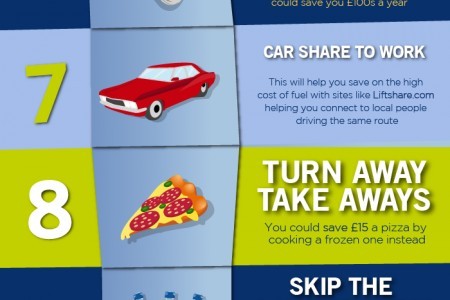Money Tips for 2013
Post on: 19 Июнь, 2015 No Comment

The Challenge: Track Your Spending
For the next month, here’s your assignment: Record where every cent goes. Save receipts, credit card slips, canceled checks, and write everything else down on a pad of paper. Or you can go all-digital with a site like mint.com that tracks every credit and debit card purchase. Whatever your preference, here’s the key: Let no donut go unrecorded. You’ll be surprised at just how much those $4 Dunkin’ runs add up. Often just seeing your spending pattern will point out ways to save.
DAY 2
The Challenge: Save in Your Sleep
Most of us think too much when we save. What do we mean? Big goals like your dream car, a vacation home by the lake, and your kids’ college education are huge and uncertain. If you wait until you know the exact cost and when it’ll strike, you’ll never save anything.
So start today. Instead of thinking about how much you’ll need to reach your goal, estimate the maximum amount you could possibly save each month, says Dan Ariely, Ph.D. author of Predictably Irrational and a professor of psychology and behavioral economics at Duke University.
Then set up automatic payments from your paycheck toward your goal. If you find you need more spending cash during the month, you can always adjust—but in the meantime, you’re stashing dough toward the day Junior gets into Yale.
Why It Works: Automatic payments don’t just make saving easier—they make spending less tempting. How? Money—spending it or even thinking about spending it—causes a dopamine rush in your brain. Then you’re relying on your willpower to resist handing over your VISA. That’s a battle you’ll lose, says Chip Heath, Ph.D. a professor of organizational behavior at Stanford University. “You can’t advise people to ‘spend less,’” he says. “You’re creating a willpower struggle that will have to be fought on a day-to-day, week-to-week basis.” So remove as many of those decisions as you can through automatic bill pay and savings withdrawals.

DAY 3
The Challenge: Transfer Your Savings to a Money-Making Account
Don’t stow extra cash in your checking account—you’re letting your money be lazy. “Having more than what’s required to avoid minimum-balance fees is a waste, because it’s not earning interest,” says Dan Candura, a certified financial planner at Massachusetts-based PennyTree Advisers. Stash a month’s worth of expenses in checking. Then put the rest of your emergency stash—experts now recommend a 6- to 9-month buffer—in a high-yield savings account. Compare rates at bankingmyway.com.
While You’re At It: If you’re always in the black at the end of each month, schedule a recurring automatic transfer to a mutual fund, Candura says.














